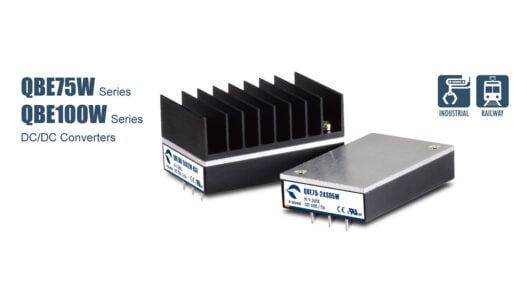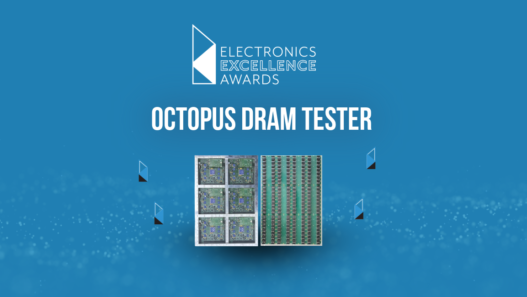Canon Electronics previously used a polycarbonate/acrylonitrile-butadiene-styrene material without any PCR content for its scanner housings. By upgrading to Xenoy iQ ENH resin, the company has advanced its sustainability strategy of developing environmentally conscious products that emphasize resource conservation and chemical substance control, among other goals. The development of the Xenoy iQ resin family, demonstrates SABIC’s history of successful innovation and its commitment to sustainable long term relationships by providing customers like Canon Electronics with a broad, industry-leading portfolio of materials to design and manufacture high-performance eco-responsible solutions. It also illustrates SABIC’s commitment of continuous improvement through the on-going development of new industry standards.
“Choosing SABIC’s Xenoy iQ ENH resin was important in that it fit perfectly with our corporate sustainability strategy, which calls for compliance with key environmental mandates from the start of product planning,” said Minoru Sashida, senior general manager, Canon Electronics Inc., IMS Design Center. “We collaborated with SABIC on this project because of our proven, longstanding relationship, and also because the company consistently delivers unique materials that surpass the competition across the board – in sustainability, design freedom, aesthetics, performance and reliability of supply. The company’s world class experts and technology always meet or exceed our expectations.”
Xenoy iQ ENH resin provides the new scanner with robust non-brominated, non-chlorinated flame retardance that complies with several eco labels. It also gives the new Canon Electronics’ device multi-color molding capability, excellent chemical resistance and better opacity for light sealing, even with thin-wall designs. SABIC’s previous application development projects with Canon Electronics illustrates SABIC’s commitment to creating customer-centric solutions.
“Our relationship with Canon Electronics has been further solidified with this latest environmental, application development collaboration,” said Takeshi Maruyama, Japan country manager, Innovative Plastics. “Xenoy iQ ENH resin is the newest innovation breakthrough in SABIC’s sustainable materials portfolio and it is clear that the resins in this product family are fast becoming the top materials of choice among OEMs and their customers. SABIC’s approach to challenging the status quo to find a better way and delivering tailored material solutions is clear in the way we are working with Canon Electronics to support the company’s worldwide corporate sustainability goals.”
Xenoy iQ ENH Resin: The Image of Sustainability
Xenoy iQ ENH resin incorporates chemically up-cycled polyethylene terephthalate resins from discarded water bottles. This strategy provides several benefits. First, chemical recycling ensures uniform properties and consistent quality and color, as compared to mechanical recycling, which can produce irregularities in the material that require masking with dark colors. This consistency enables SABIC to offer Xenoy iQ ENH resin in various light colors, such as the pale gray chosen by Canon Electronics for the imageFORMULA scanner housing. In addition, water bottles provide a steady volume of PCR, while other types of recycled materials can experience interruptions in availability.
Xenoy iQ ENH resin has excellent FR performance without the use of brominated or chlorinated additives, and it meets the Underwriters Laboratories 5VB standard at 2.5 mm and the V0 standard at 1.5 mm, making it suitable for office equipment and consumer electronics. Other target applications include computer and television housings and industrial electronics enclosures.
Finally, the material offers customers the ability to design housings with thinner walls without sacrificing light-sealing performance, rigidity or strength. Thin-wall molding reduces resource consumption and cuts weight, reducing fuel usage and carbon emissions in shipping – further supporting sustainability efforts.
SABIC technical experts supported Canon Electronics with services including mold analysis.
“We take the time to understand our customers’ businesses and constantly seek ways in which our materials can open new opportunities for them, as well as ourselves,” Maruyama added. “Our collaboration with Canon Electronics on the new scanner is an excellent example of how we do this and represents a major win for both companies.”







